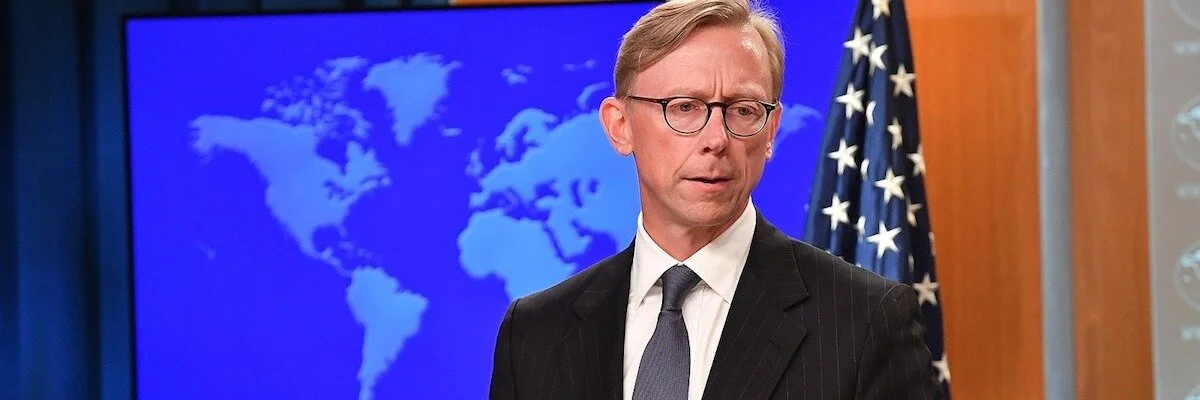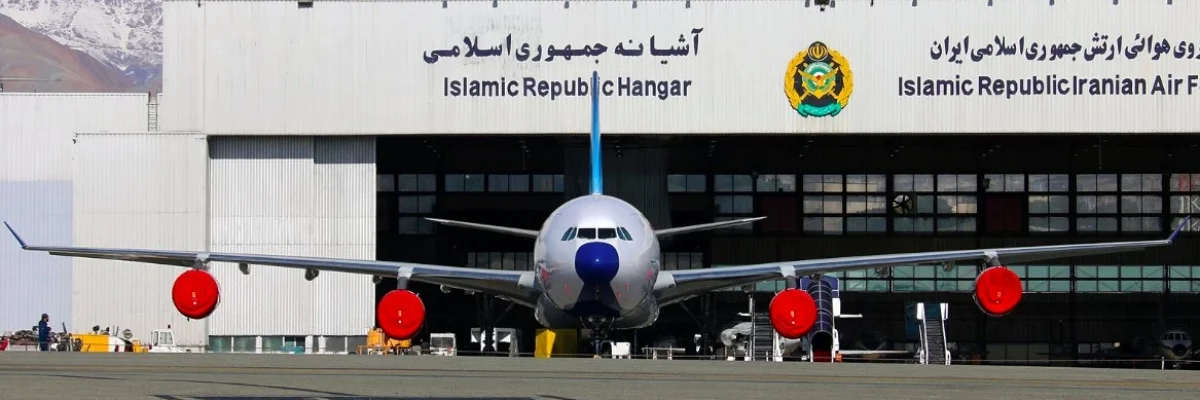A new report from the Majlis Research Center offers the first assessment of what “verified” sanctions relief might look like, providing a glimpse into how negotiators will take forward a key demand set out by Iran’s Supreme Leader.
asdasdasdasdasdasdasdasdasdasd





















